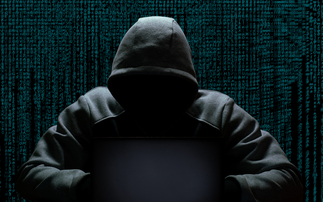Alex Hilton tells CRN that introduction of new damages programme will ensure end users play with a 'straight bat'
The introduction by the Federation Against Software Theft (FAST) of a damages programme for historical software misuse will increase the pressure on end users to get their licensing estates in orde...
To continue reading this article...
Join CRN
- Enjoy full access to channelweb.co.uk - the UK’s top news source for the IT channel
- Gain the latest insights through market analysis and interviews with channel leaders
- Stay on top of key trends with the Insider weekly newsletter curated by CRN’s editor
- Be the first to hear about our industry leading events and awards programmes
Already a CRN member?




